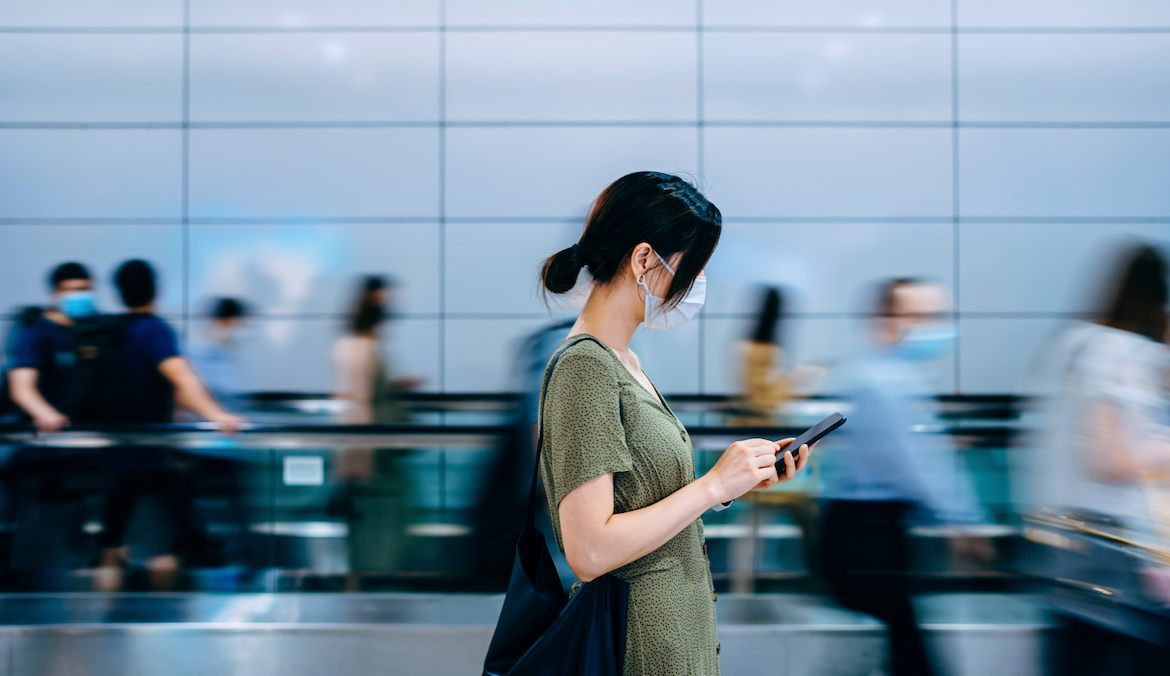
The best ways will probably sound familiar to you, for better or for worse. “Many of the habits we have adopted (somewhat reluctantly at times) during the COVID pandemic will serve to protect us from various illnesses over the coming months,” says Charles Bailey, MD, medical director of infection prevention at Providence St. Joseph and Providence Mission Hospital, Orange County, California.
No one is more exposed to viruses and germs than frontline healthcare workers. You may not be able to completely eliminate your risk of catching a cold, the flu, or other viruses, but you can significantly reduce your chances with these tips from the pros.
1. Get your flu shot (and COVID too)
To the right. Bailey, this one is a no-brainer. “Obviously, making sure you’re up to date on the flu and the COVID-19 vaccination are important specific precautions you can take,” he says.
At a recent press conference, CDC Director Dr. Rochelle Walensky said this year’s flu vaccine matches “very well” the virus strains currently circulating across the country. This results in focused, targeted protection that can prevent you from getting infected or hospitalized.
Over 90% of doctors, nurses and pharmacists get the flu shot each year. So if you really want to follow the science, it’s a good idea to roll up your sleeve (again) to get vaccinated ASAP. Remember that it takes two weeks before full protection from a vaccine kicks in.
2. Wash your hands frequently
Hand washing is necessary to prevent colds and flu, as well as the spread of germs. There is, however, a right way and a wrong way to do this simple act. Here’s how to practice hand hygiene like a healthcare professional:
- Use warm water and soap to scrub your hands.
- Wash all areas of your fingers and hands up to the wrist, for at least 15-20 seconds.
- Be sure to go under your fingernails and wash the spaces between each finger.
- Use an alcohol-based sanitizer when hand washing is not an option.
- Once cleaned, try to keep your hands away from your mouth and nose.
3. Disinfect phones and other devices
If your phone and computer are in constant use (and you know they are, come on), they’re literally crawling with germs. For this reason, experts at the Federal Communications Commission recommend practicing phone hygiene once a day.
To disinfect your devices, use a lint-free cloth lightly dampened with soap and water. Do not saturate your device with liquid or you may damage it. And that goes without saying, but don’t try to clean it while it’s plugged in.
4. Avoid crowds as much as possible
Given the isolation of recent years, this one can be harsh. To make it easier for you, try taking Dr. Bailey’s advice is to avoid crowds as much as possible, especially if they’re in poorly ventilated indoor spaces. It gives you the freedom to indulge in outdoor winter fun with less worry (think holiday markets, ice skating and window shopping with friends).
5. When in doubt, wear a mask
If you’ve already thrown away your KN95s, consider getting a new box. Unless you are immunocompromised or caring for someone at high risk for illness, you may not feel the need to wear a mask at all times. However, this simple intervention has been shown to reduce viral transmission and protect those you come into contact with.
Remember to keep a mask in your bag or pocket to have it handy, in case of need. You never know when you’ll find yourself on an overcrowded bus or around someone who can’t stop coughing. Rather than wondering, will this be the time i get sick? you can stop this worry by masking.
After all, protecting yourself and others from catching a cold or the flu is a matter of effort. As Dr. Bailey says, “Personally, I have and will continue to observe all of the above recommendations. At least if I do get sick, I can take comfort in knowing that I didn’t fail to take advantage of this common-sense, evidence-based advice.

Comments
Post a Comment